Running a small business involves numerous responsibilities, from managing customer invoices to keeping track of employee timesheets. As a small business owner, it’s like having your hands in every cookie jar.
On Monday, you might be engaging with clients, Tuesday could involve reconciling bank accounts, and by the time Wednesday rolls around, you could be knee-deep in financial records.
It’s an endless cycle that keeps the wheels of your business turning. Amidst all this hustle and bustle, one crucial aspect demands your unwavering attention – bookkeeping. But the question is, what exactly does a bookkeeper do, and how much does basic bookkeeping cost?
Key Takeaways
- A bookkeeper’s primary responsibilities include recording transactions, creating financial reports, and managing cash flow.
- The average annual salary for an in-house bookkeeper is around $49,000, while outsourced bookkeeping can cost between $500 and $2,500 a month.
- Hiring the right bookkeeper involves verifying their qualifications, checking their industry experience, assessing their communication skills, asking about their software proficiency, and gauging their attention to detail.

What Does A Bookkeeper Do?
First and foremost, a bookkeeper is responsible for recording transactions, which involves keeping track of all money coming in and going out of the business.
This process includes documenting customer payments, handling accounts payable and receivable, paying bills, and recording financial transactions.
Secondly, bookkeepers play a vital role in creating financial reports. They are the architects of financial statements, which provide a snapshot of the business’s health.
These reports are pivotal to understanding how your business performs financially and helping identify areas requiring immediate attention.
Finally, bookkeepers help manage your cash flow. They ensure a firm grip on your monthly transactions, helping you forecast future income and expenses. This allows you to plan effectively and avoid potential financial pitfalls.
Typically, bookkeepers perform tasks such as:
- Inputting receipts
- Process payroll
- Monitor employee benefits
- Maintain financial records
- Do all data entry to ledgers
- Reconcile bank and credit card accounts

What Does A Bookkeeper Not Do?
A bookkeeper is not primarily concerned with tax filing or the execution of complex financial systems. They are not accountants and, therefore, only sometimes perform tasks related to tax planning or business audits.
Secondly, bookkeepers are not financial advisors. While they help manage financial records, they cannot provide strategic financial advice or investment recommendations.
Finally, an in-house bookkeeper is not an office manager. They are only responsible for managing administrative tasks within the bookkeeping realm.
Common tasks bookkeepers do not handle include:
- File taxes
- Conduct audits
- Offer financial advice
- Manage administrative tasks
- Implement complex financial systems

When Do You Need Bookkeepers?
As a business owner, you may juggle multiple tasks at a time. This can be incredibly challenging when dealing with the intricacies of bookkeeping. There comes a point when hiring a professional bookkeeper becomes inevitable.
During Business Expansion
Imagine your small online retail business just exploded in popularity. Your monthly transactions have tripled, and your customer base is rapidly growing. With this growth, however, comes a slew of new financial transactions. You now have more supplier invoices to process, more customer invoices to issue, and more bank accounts to reconcile.
In such situations, a bookkeeper can be your savior. They can expertly manage your increasing financial transactions, ensuring your books are accurate and up-to-date. They can also provide critical financial insights to help you strategically navigate your business expansion.

Frequent Financial Errors
Are you constantly finding errors in your financial records? Do your accounts payable often mismatch your accounts receivable?
Do you sometimes forget to record certain transactions, leading to discrepancies in your financial reporting?
Frequent financial errors are a red flag that you need a professional bookkeeper. These errors can distort your understanding of your business’s financial health, leading to ill-informed decisions.
Worse still, errors in your financial reports can create issues during tax filing, potentially leading to penalties or audits.
Consider my friend, Mark, who runs a thriving software development agency. He used to handle his own bookkeeping until he realized he regularly made errors.
The final straw was when he underreported his income during tax season, resulting in a time-consuming and stressful audit.
After this incident, Mark decided to hire a bookkeeper. Now, he has peace of mind knowing his financial reports are accurate and compliant.

Lack of Time
Oh, a small business owner’s life is a constant juggling act. Between attending to customers, brainstorming new product ideas, and implementing killer marketing strategies, you’ve got plenty on your plate. With all these responsibilities, bookkeeping can quickly become an unwelcome guest at the party.
Do you find yourself burning the midnight oil to reconcile bank accounts? Or have you skipped one too many family dinners because payroll couldn’t wait? If this sounds familiar, it’s time to take a step back and reassess.
Bookkeeping shouldn’t drain your energy or steal precious moments from your life. If it’s starting to feel like an unmanageable burden, we’re here to tell you – there’s a better way!
At XOA Tax, we understand the challenges you face. Our expert bookkeeping services are designed to shoulder the load, freeing up your time for what truly matters.
Let us manage your financial records with precision and care, allowing you to focus on the exciting parts of running your business, the parts that drove you to start your venture in the first place. So, say goodbye to late-night bookkeeping and hello to a better work-life balance.

How Much Does A Bookkeeper Cost?
Determining the cost of bookkeeping services can be tricky as it greatly depends on the nature and complexity of your business transactions. There are two primary options for bookkeeping: hiring in-house bookkeepers or opting for outsourcing bookkeeping services. Each comes with its own set of costs.
In-house Bookkeeper Cost
Salary says a full-time in-house bookkeeper’s annual salary is roughly $49,000 (the average hourly wage is $23.56). This figure, however, is only the essential bookkeeping cost. The actual cost can be significantly higher when you factor in additional costs like employee benefits and overhead business expenses.
Employee benefits typically include health insurance, retirement contributions, and paid time off. According to the U.S. Bureau of Labor Statistics, benefits can account for an average of 30% of an employee’s compensation.
In addition, overhead costs are associated with having an in-house bookkeeping team. These can include the costs of office space, equipment, software, and training. Considering all these aspects, the actual cost of full-time bookkeeping can exceed their base salary.

Outsourced Bookkeeper Cost
Unlike an in-house bookkeeper, an outsourced bookkeeper is often more affordable for many small businesses. A bookkeeper’s average cost ranges from $500 to $2,500 a month, depending on the complexity and volume of your financial transactions.
With outsourced bookkeeping, you can enjoy having a professional handle your financial records without the overhead costs associated with an in-house employee.
Additionally, most outsourced bookkeepers are adept at using the latest accounting software, providing you with accurate and timely financial reports.
Furthermore, outsourced bookkeeping services often offer scalable solutions besides basic bookkeeping costs. As your business grows, your bookkeeping services can adjust accordingly. Hence, it can be cost-effective, particularly for small to medium businesses.
What Happens with DIY Bookkeeping?
For some business owners, handling their bookkeeping may seem cost-saving. While this might be true in the early stages of a business, DIY bookkeeping can lead to problems as your business grows.
Firstly, DIY bookkeeping can be incredibly time-consuming. As a business owner, your time is valuable. Spending hours on bookkeeping could mean less time focusing on other aspects of your business, like customer acquisition and product development.
Secondly, without the right expertise, DIY bookkeeping can lead to errors. These errors could result in financial missteps, such as overestimating profits, underestimating expenses, or failing to comply with tax regulations.

Scenario 1: Overestimating Profits
Let’s imagine you’re a freelance web designer juggling multiple clients. You’ve decided to handle your bookkeeping to save costs. But, as your business grows, keeping track of your financial transactions becomes increasingly challenging.
One month, you mistakenly record a client’s payment twice. As a result, your monthly financial reports overestimate your profits, leading you to make business decisions based on incorrect data.
Scenario 2: Underestimating Expenses
In another scenario, let’s say you run a small café. In the hustle and bustle of daily operations, you forget to record several expenses.
At the end of the month, your financial statements underestimate your expenses. This could lead to an inaccurate perception of your café’s profitability, impacting your future planning and budgeting.
Scenario 3: Failing to Comply with Tax Regulations
Imagine you’ve started a small online retail business. It’s tax season, and you’re trying to navigate the complex world of tax filing.
Without sufficient knowledge or experience, you inadvertently miss several key deductions and fail to comply with specific tax regulations. This mistake could result in hefty fines and a potential audit from the IRS.
5 Tips For Hiring The Right Bookkeeper
Choosing the right bookkeeper for your business is not a decision to be taken lightly. This person will handle your financial transactions, provide crucial financial reports, and help you manage your cash flow.

1. Verify their Qualifications
Firstly, make sure your potential bookkeeper has the right qualifications. Do they have a bachelor’s degree in a relevant field?
Do they have certifications from recognized accounting or bookkeeping institutions? Please don’t be shy to ask for proof of their credentials. After all, they’ll be handling your sensitive financial data.
2. Look for Relevant Experience
Secondly, you should prioritize hiring a bookkeeper with experience in your industry. Different industries have different financial regulations and nuances. Hiring someone who understands these specificities can save you from potential financial mishaps.
3. Consider their Communication Skills
Thirdly, your bookkeeper needs to be a good communicator. They should be able to explain complex financial systems in simple terms. They’ll guide you in understanding your financial statements, so clear and concise communication is necessary.
4. Ask about their Software Proficiency
Fourthly, ensure that your prospective bookkeeper is adept at using the latest accounting software. This is particularly important if you’re considering an outsourced bookkeeper. In today’s digital age, proficiency in using various bookkeeping software is necessary for efficient and accurate financial management.
5. Gauge their Attention to Detail
Finally, a good bookkeeper needs to have an eye for detail. Even a small error in recording transactions can lead to substantial financial discrepancies. During your interview process, gauge their attention to detail through relevant questions or scenarios.
Are you finding it challenging to find the right bookkeeper? Reach out to us today! Our team of professional bookkeepers is equipped with the right skills and expertise to manage your financial transactions.
Let us help you make sense of your financial records so you can focus on what you do best – growing your business!
In Conclusion
Navigating the world of bookkeeping can be daunting for business owners. However, understanding the roles, costs, and potential pitfalls of bookkeeping can help make the journey smoother.
Whether you hire a full-time bookkeeper, outsource your bookkeeping needs, or try your hand at DIY bookkeeping, remember that effective financial management is vital to business success.




















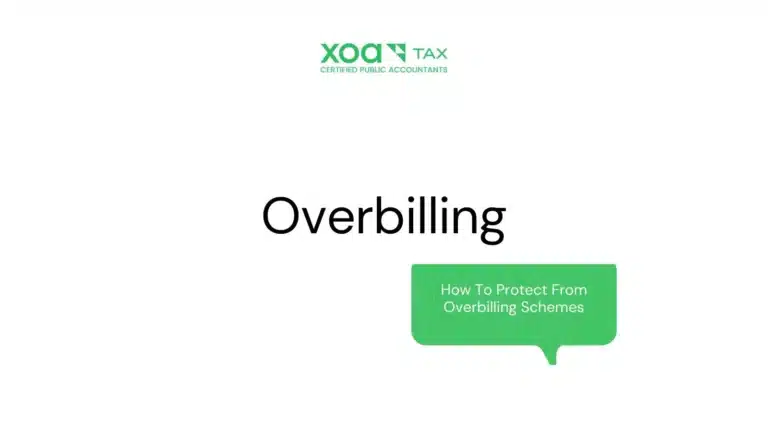



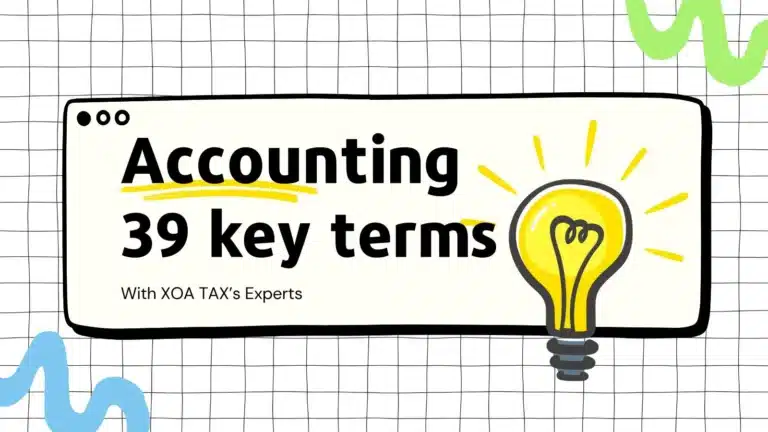


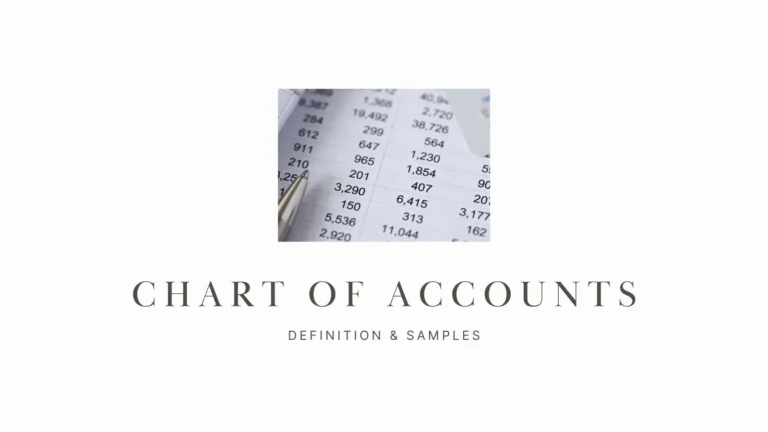








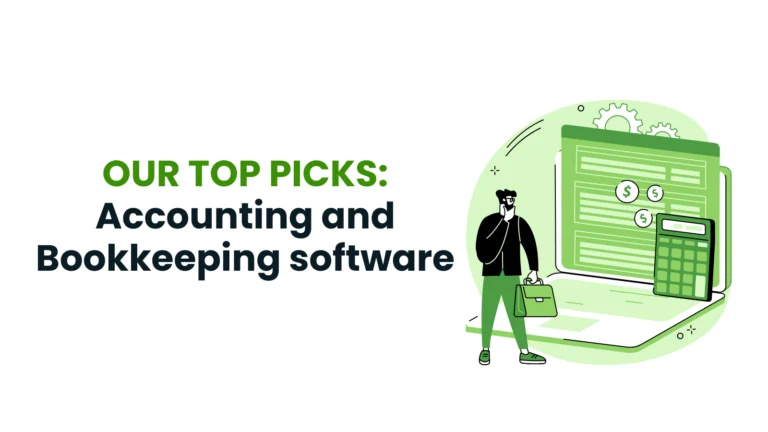
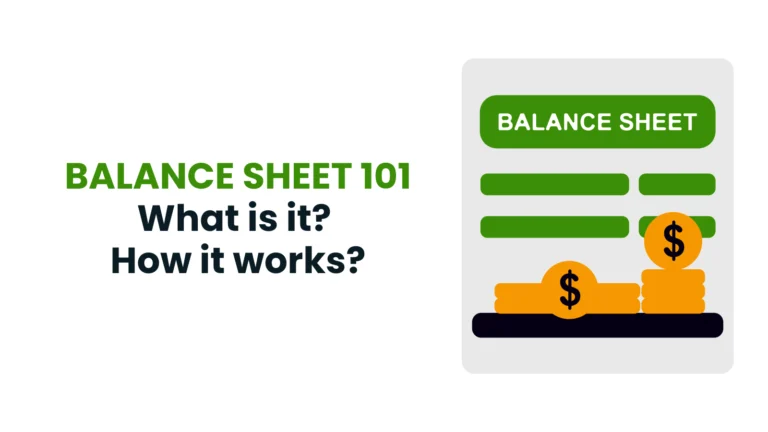

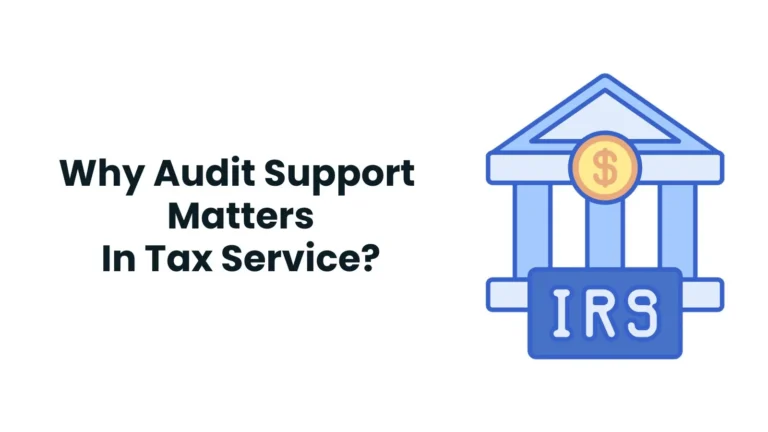




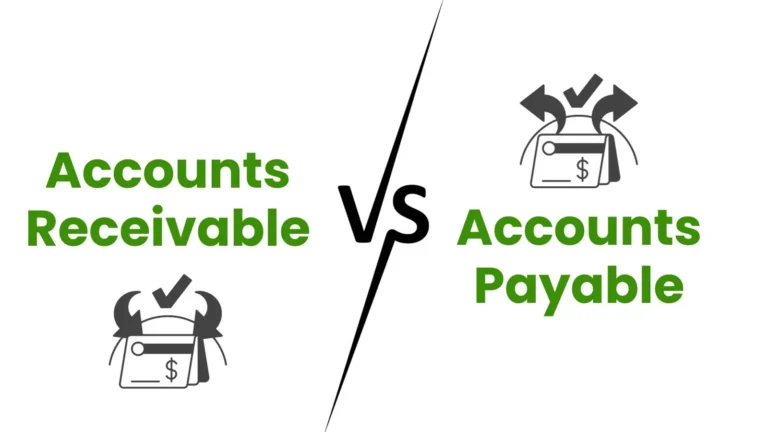



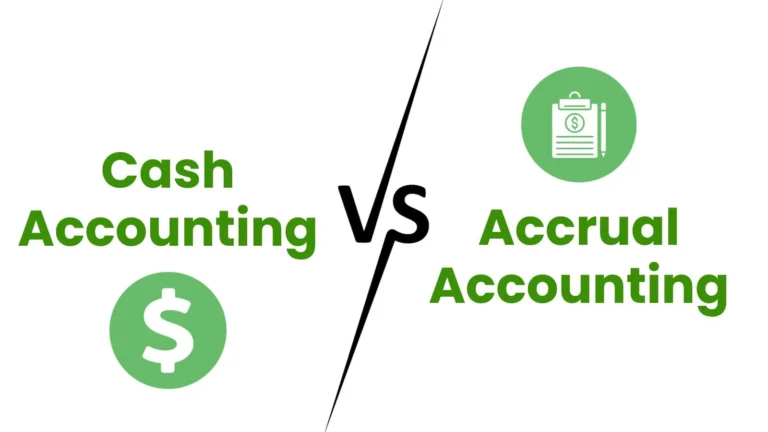

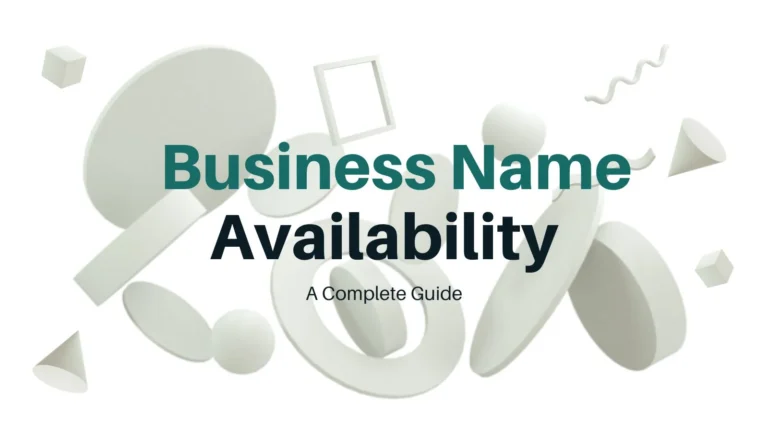


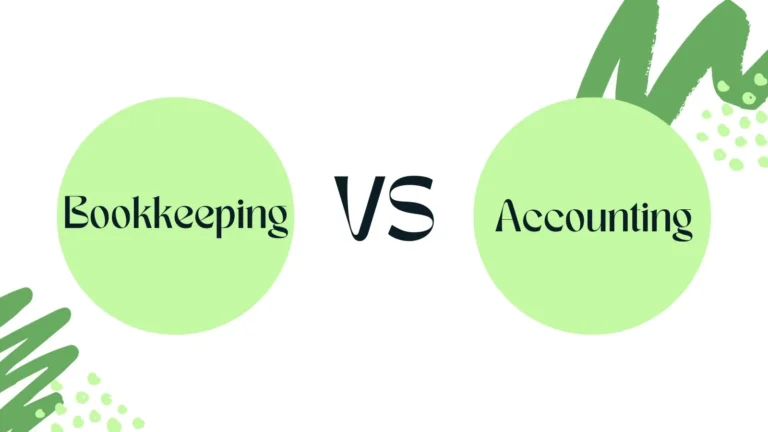

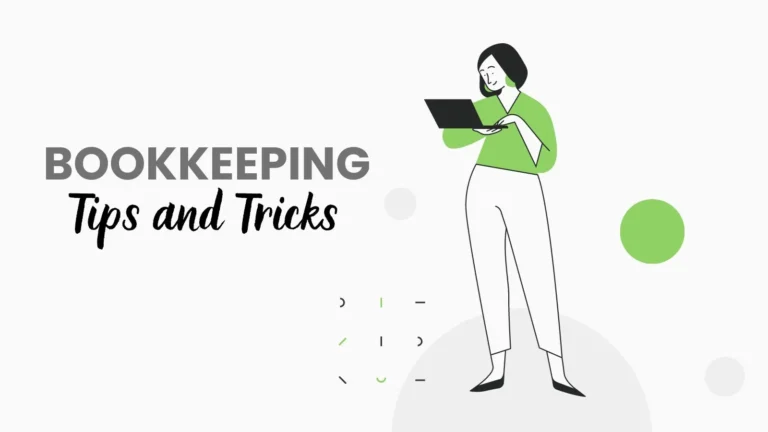





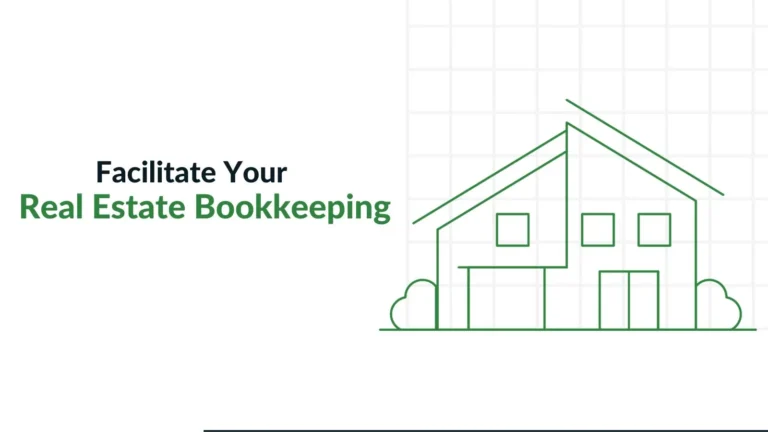

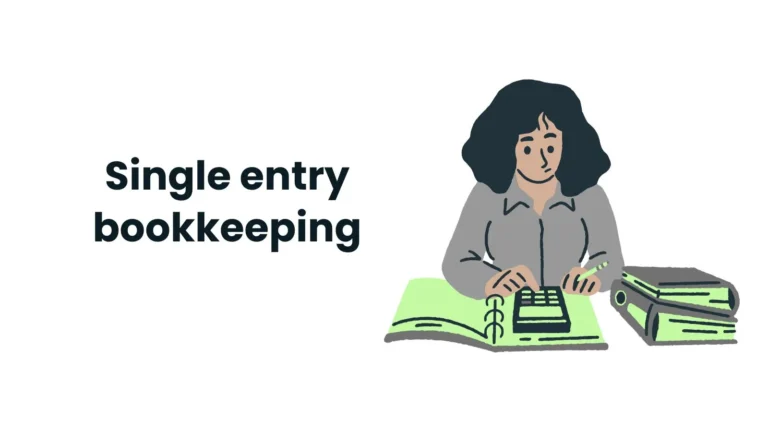




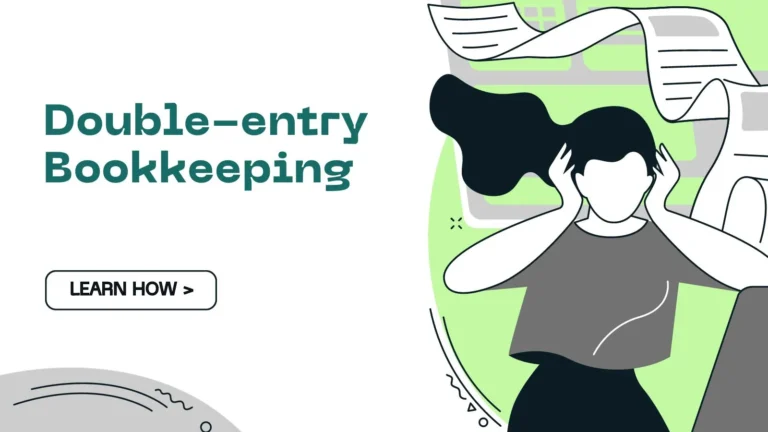



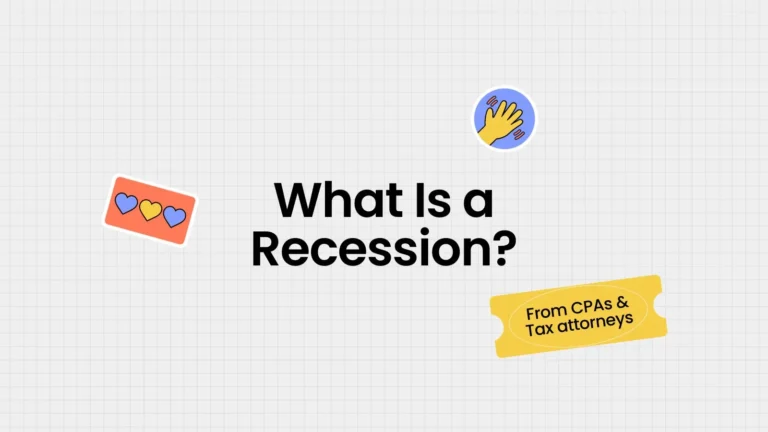


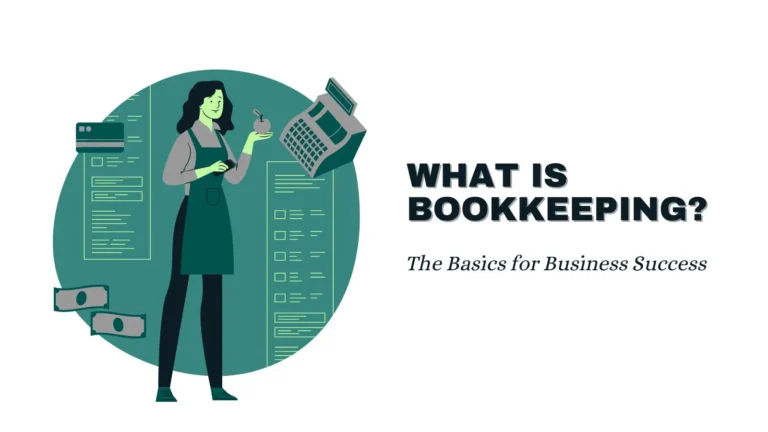





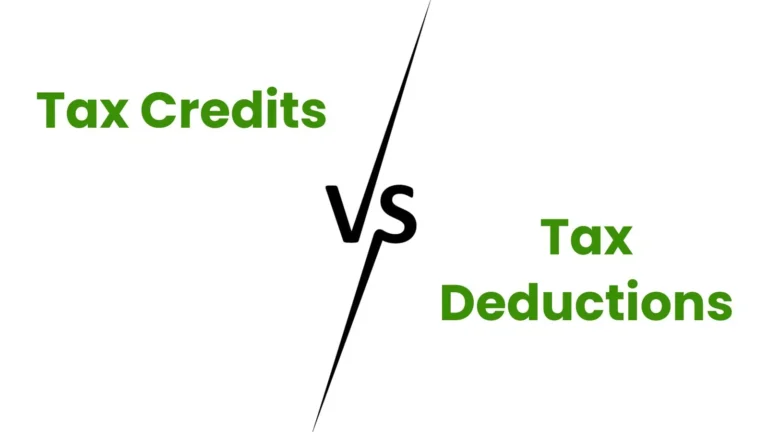








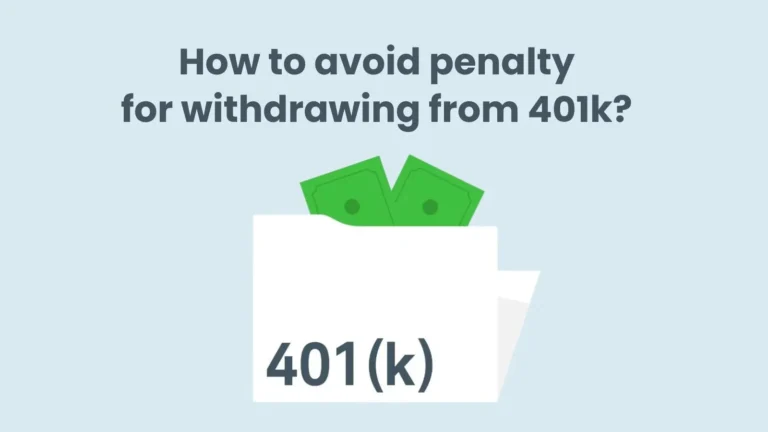








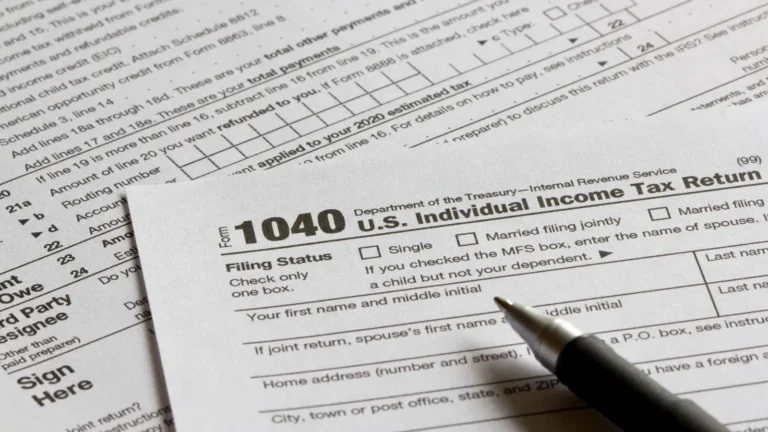





 anywhere
anywhere  anytime
anytime
3 Responses
Thank you once again for your priceless value, I am gaining my confidence with your expertise. Thank youuu.
This info is right on time! I recently reached out to other CPAs to find out their hourly rate as I was trying to figure out the rate I should charge or offer my services for a flat amount. Your content is very valuable
Thank you, Xoa! You ALWAYS have valuable insights!